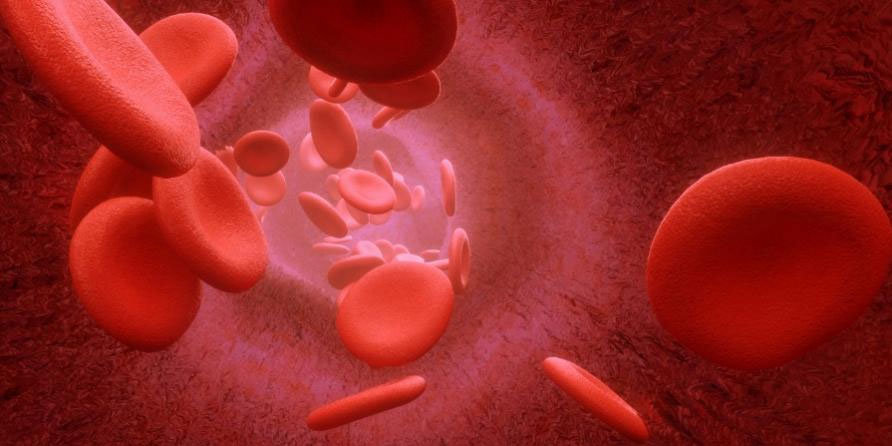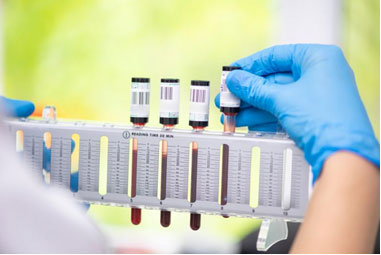Editor: Zoey
What is an erythrocyte sedimentation rate (ESR)?
A blood test called an erythrocyte sedimentation rate (ESR) gauges how rapidly red blood cells, or erythrocytes, settle to the bottom of a test tube containing a blood sample. Red blood cells often settle fairly slowly. A higher-than-average rate could be a sign of internal inflammation. Inflammation is a normal aspect of your immune system's response. It could be a response to an injury or infection. An immunological issue, a chronic illness, or another medical condition may also show symptoms of inflammation.
Other names: ESR, SED rate sedimentation rate; Westergren sedimentation rate

What is it used for?
If you have a condition that produces inflammation, an ESR test can assist in identifying it. These include inflammatory bowel illness, vasculitis, and arthritis. The monitoring of an existing ailment can also be done with an ESR.
When do we need an ESR?
Your health care provider may order an ESR if you have symptoms of an inflammatory disorder. These include:
a. Headaches
b. Fever
c. Anemia
d. Weight loss
e. Joint stiffness
f. Loss of appetite
g. Neck or shoulder pain
What happens during an ESR?
A tiny needle will be used by a medical practitioner to draw blood from a vein in your arm. Following the insertion of the needle, a little amount of blood is collected in an ESR test tube or vial. When the needle goes in or out, you can experience a slight sting. Usually, this procedure only needs a few minutes.
Will need to do anything to prepare for an ESR?
Although you don't need to do anything particular to prepare for the ESR test, it is best to obtain a full night's sleep the night before to ensure that your body is in good condition.
Are there any risks to the ESR test?
The risk of having an ESR is quite low. Even though you can have some minor discomfort or bruising where the needle was inserted, most side effects are transient.
What do the results mean?
If your ESR is high, it may be related to an inflammatory condition, such as:
a. Infection
b. Rheumatic fever
c. Rheumatoid arthritis
d. Vascular disease
e. Heart disease
f. Kidney disease
g. Inflammatory bowel disease
h. Certain cancers

https://cn.bing.com/images/search?view=detailV2&ccid=ZMXvslbC&id
Sometimes the ESR can be slower than normal. A slow ESR may indicate a blood disorder, such as:
a. Polycythemia
b. Sickle cell anemia
c. Leukocytosis, an abnormal increase in white blood cells
If your findings are not within the normal range, it does not necessarily imply that you have a medical issue that requires treatment. Anemia, menstruation, or pregnancy may all be associated with a moderate ESR, as opposed to an inflammatory condition. Your results may also be impacted by specific medications and dietary supplements. Oral contraceptives, aspirin, cortisone, and vitamin A are a few of these. Tell your healthcare physician about any medications or dietary supplements you are taking.
Is there anything else I need to know about an ESR?
An ESR does not specifically diagnose any diseases, but it can provide information about whether or not there is inflammation in your body. If your ESR results are abnormal, your health care provider will need more information and will likely order more lab tests before making a diagnosis.
Reference:
https://www.mayoclinic.org/tests-procedures/sed-rate/about/pac-20384797
Welcome to contact us to custom, develop and manufacture ESR tubes. Gongdong Medical is your high-standard ESR Tube OEM Manufacturer in China.
Gongdong Medical is an experienced high-end OEM medical blood tube factory, supplier, and manufacturer in China.